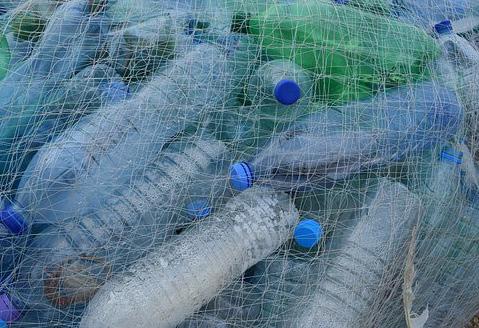
4 minute read
Why is Africa the next renewables powerhouse?
by 3S Media
Africa’s move towards renewable energy is rapidly under way. Many African countries have employed solar energy as a solution to tackling climate change, facilitating development and ensuring food security.
nergy is one of the top five
Advertisement
Eobjectives of the African Development Bank (AfDB) to achieve universal access by 2025. The plan includes expanding grid power by 160 GW and connecting 130 million people to energy infrastructure.
In addition, the AfDB aims to connect 75 million people to off-grid systems and provide 150 million households with access to clean cooking energy. The AfDB is also working with African countries to transform their energy utility sectors and attract investment in new energy markets. Africa has an almost unlimited potential of solar capacity (10 TW), abundant hydro (350 GW), wind (110 GW), and geothermal energy sources (15 GW).
Decisions will have a long-term impact on the continent’s energy economy; however, the time has come to ensure that the proper energy mix is implemented to find a long-term solution to meet rising energy consumption.
According to the International Energy Agency, renewable energy would account for more than half of the increase in power output by 2040 in sub-Saharan Africa (SSA). Some 600 million people live without access to electricity in SSA.
This energy poverty across the continent holds back African economic development and costs the continent 2% and 4% of GDP annually.
Only 10% of SSA’s hydropower capacity is utilised. The region will begin to unlock its immense renewable energy resources over the next 26 years, with solar energy leading this growth.
The International Renewable Energy Agency evaluates that renewable energy capacity in Africa could reach 310 GW by 2030, putting the continent at the forefront of renewable energy generation globally. The African Union has advocated that member states, regional and multilateral bodies incorporate the Clean Energy Corridor principle into national renewable climate and energy agendas.
There are various regional initiatives aimed at fast-tracking the growth of renewable energy capacity and cross-border renewable energy exchange: • Geothermal energy is becoming the second largest power source, primarily in Kenya and Ethiopia. Solar photovoltaics, small hydropower and wind will fuel two-thirds of mini-grid and then off-grid systems in rural areas by 2040. • The Eastern Africa Power Pool, Southern
African Power Pool and West Africa Power
Pool promote cooperation between national power utilities. • There are West and Southern African entrepreneurship support facilities with programmes that assist small and mediumsized renewable energy enterprises. • In Morocco, the Ouarzazate solar complex is one of the largest concentrated solar plants in the world. It has produced and delivered over 814 GWh of clean energy through the national electric grid since 2016. Magdalena Seol, the African Development Bank’s representative for the ‘Desert to Power’ initiative in the Sahel region, comments, “Without energy, it’s impossible to imagine economic growth. A lack of energy has been one of the key factors that have hindered the region’s economic development.” The Africa Energy Indaba is the continent’s definitive energy event, providing an agenda that influences energy policy for Africa. Attended by ministers and private sector decision-makers, the prestigious event serves as the ideal platform for achieving Africa’s vision for a sustainable energy future and keeping abreast of global energy competitors in this dynamic landscape.
Under the theme ‘The business of energy – Africa beckons’, Africa Energy Indaba 2022 will consider how our continent can lead the globe in scaling up and producing renewable energy. The 14th African Energy Indaba Conference is a hybrid model of virtual discussion and debate taking place on 1 to 3 March 2022. It also hosts an in-person physical exhibition on 1 and 2 March 2022 at the Cape Town International Convention Centre.
The event has proven its success year after year, providing an effective platform for addressing key issues impacting the African energy sector while devising solutions to best mitigate these pressing concerns. Strategic partnerships with the African Union Development Agency and many leading African industry associations ensure the event is backed by leading energy drivers.
The symposium provides invaluable business growth opportunities for the continent’s energy space, subsequently inspiring much-needed transformation within the sector.
Conclusion
Africa is a climate-resilient and lowcarbon continent but needs a renewable energy revolution.
The continent can achieve its renewable energy potential with attractive investment opportunities by facilitating conversations around climate-resilient infrastructure, climate-smart agriculture, and the sustainable management of natural resources.
The Africa Energy Indaba conference promises to provide just that. It promises to give participants the ideal platform for networking, engagement and is anticipated to be an important event for both the African energy sector and the regional economy.











